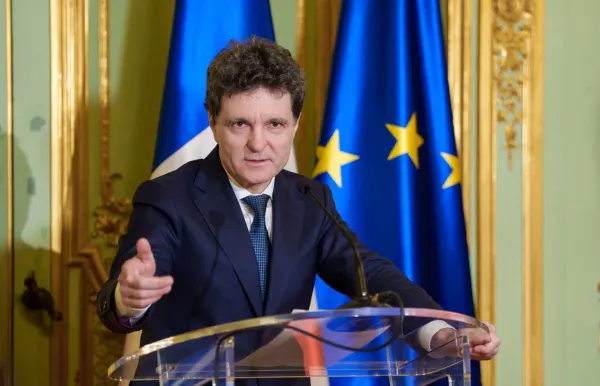
Romania sees US as strategic partner, but stands with the EU in the Greenland case
Nicușor Dan said the United States remained a vital strategic partner for Romania’s security.
A collection of 224 posts

Nicușor Dan said the United States remained a vital strategic partner for Romania’s security.
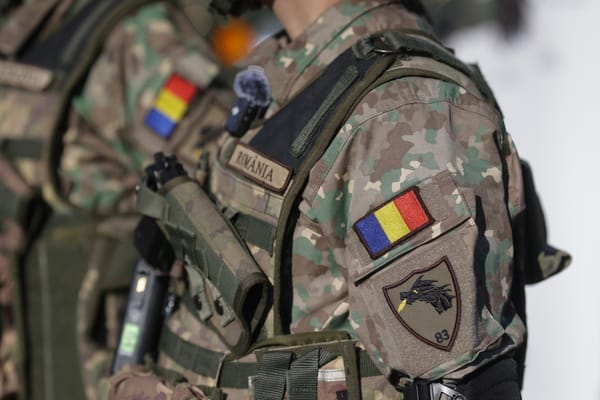
Romania’s Ministry of Defence has requested a record budget for 2026, seeking 57 billion lei in direct allocations.
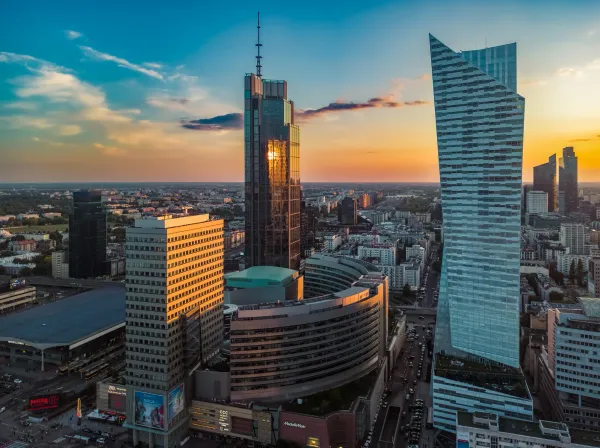
Poland’s economic success lies in consistent reforms and smart EU fund use, while Hungary and Romania followed more volatile development paths.

Despite expectations, the EU–Mercosur deal was not signed and stances of CEE countries remain divided.

Administrative interventions are used to curb inflation in numerous CEE countries, with Hungary adopting the most market‑interfering measures.
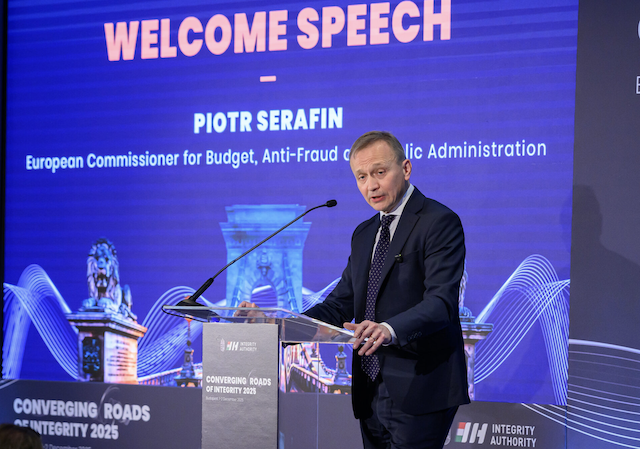
Recent corruption revelations in Ukraine and institution restructuring in Slovakia brings renewed attention to anti-corruption bodies in CEE.
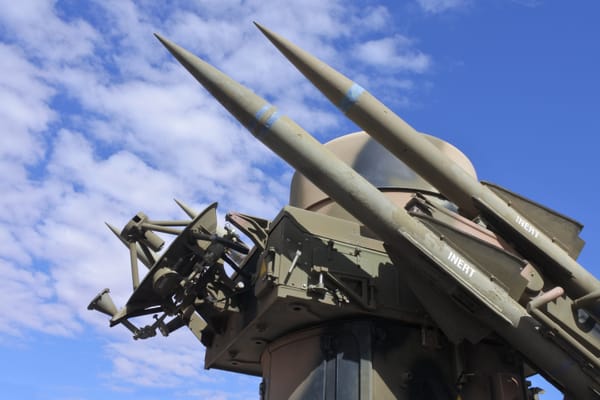
Romania’s Ministry of National Defence has announced plans for a wide-ranging modernisation of the armed forces.
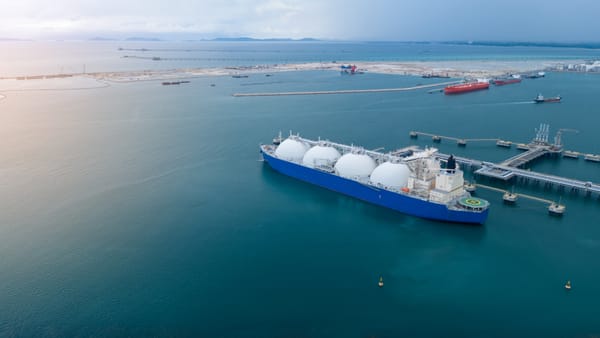
The Neptun Deep project is viewed as a pivotal opportunity for Romania's economy and energy independence.
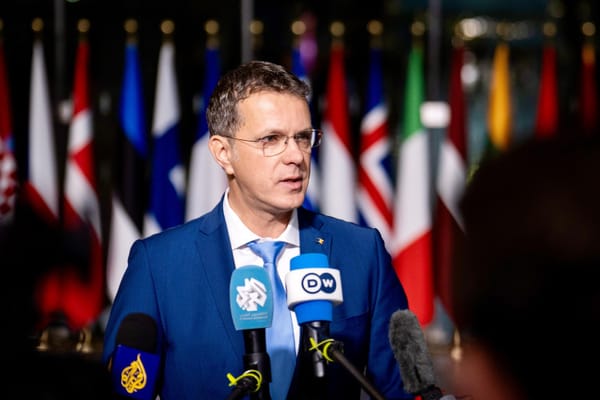
The minister highlighted by resigning he aimed to prevent further distractions from national security concerns.
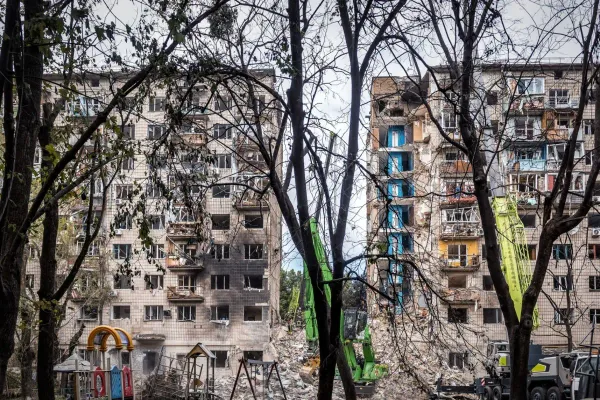
Public attitudes toward the war in Ukraine vary highly and have shifted significantly across the CEE region.
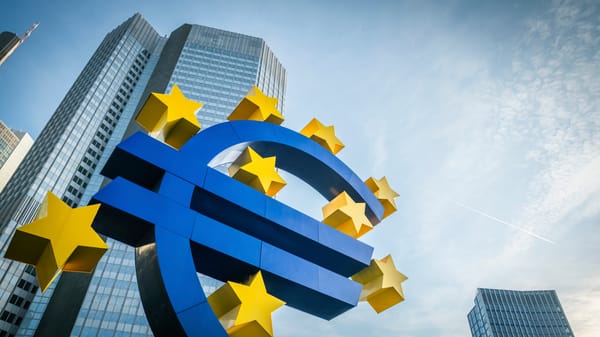
CEE countries differ on euro adoption, some view it as a path to convergence, while others wary of potential negative effects.
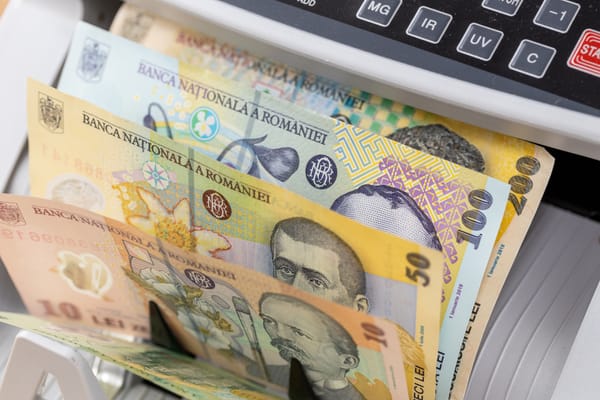
Romania is projected to see modest growth and a gradual narrowing of the budget deficit over the next three years.
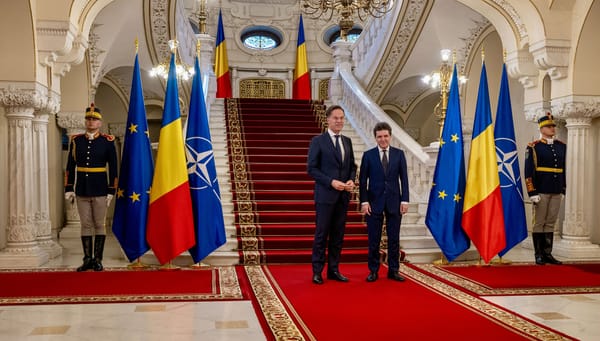
Romanian and NATO leaders held talks focusing on strengthening Romania’s security amid ongoing regional tensions.
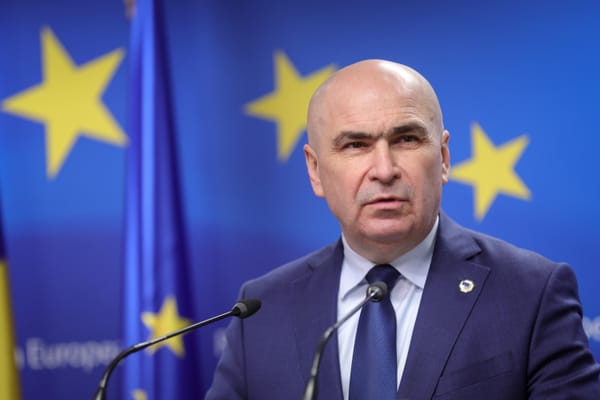
Romanian PM Ilie Bolojan warned that peace is no longer guaranteed, stressing that ensuring security is a shared responsibility of society.

As the EU tightens sanctions on Russia, Central European states display contrasting political stances rooted in their priorities and capacities.